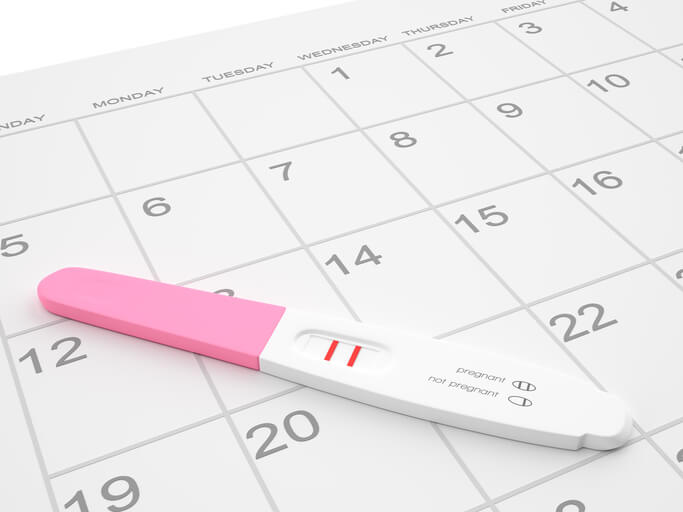Everyone knows: The surrogacy medical process is long and can seem to take forever. After months of testing and measuring cycles in preparation for the embryo transfer process, waiting for a positive pregnancy result after the transfer can seem like an impossible feat, no matter whether you’re the surrogate or the intended parent.
When you’re in the middle of the surrogacy medical process, your fertility specialist will explain in detail what to expect. But, what if you haven’t started the process or want more information on exactly what to expect when testing for a positive surrogate pregnancy?
You can read more below about what happens during the testing process for a surrogate pregnancy. As always, we recommend speaking to your surrogacy specialist and fertility specialist for more detailed information about what your personal medical process will look like.
The Clinical Process
After a surrogate’s embryo transfer process is complete, her fertility clinic will eventually test for her pregnancy with an hCG level blood test. hCG levels are the hormone levels that determine if a woman is pregnant or not. How high a surrogate’s level needs to be, however, will depend upon her individual situation, including when the embryos were transferred during the incubation period and how many days have passed since the transfer was completed.
But, how long before you can expect a result?
How long a surrogate needs to wait before a beta blood test will depend on the fertility specialist’s instructions, but the first testing process usually occurs anywhere between eight to 12 days after transfer. If hCG levels indicate a surrogate might be pregnant, she’ll return a couple of days later for another blood test to see if the levels keep rising. Ideally, hCG levels should double every 48 to 72 hours.
If her levels rise enough, the fertility specialist will likely confirm the pregnancy. This is usually confirmed after the third beta appointment.
Home Pregnancy Tests: Are They Worth It?
If you’re a surrogate who is part of online support groups, you may see other surrogates post pictures of multiple home pregnancy tests from different testing times. But, if all surrogates know for sure at a fertility clinic testing whether their pregnancy is positive or not, why do they do this?
Taking home pregnancy tests is just another way for surrogates to track their increasing hCG levels. Typically, women will wait three days after an embryo transfer to take a pregnancy test — although it can take at least five days after transfer for a positive pregnancy test to show up. From there, surrogates may take a test twice a day to compare the results; if a pregnancy line is getting darker, it’s usually a sign that their hCG level is rising and they are, indeed, pregnant.
While some surrogates will wait until their clinic beta testing just to be safe, other surrogates are anxious to see whether the embryo transfer worked. This comes from the desire and hope riding on their pregnancy, so it make sense that they want that validation, even if they wait to tell intended parents until a medical confirmation.
However, it’s important to note that just because a home pregnancy test comes back positive does not mean a pregnancy is in the clear. You may receive a false positive reading, or there may be other medical issues that arise later on. So, while home pregnancy tests are a good way to relieve anxiety after an embryo transfer, it’s always a good idea to rely on your fertility clinic for a secure medical result.
If you ever have any questions about testing for your surrogate pregnancy and the process involved, we encourage you to reach out to your fertility specialist for accurate, personalized information.

One thought on “What to Expect When Testing for a Surrogate Pregnancy”